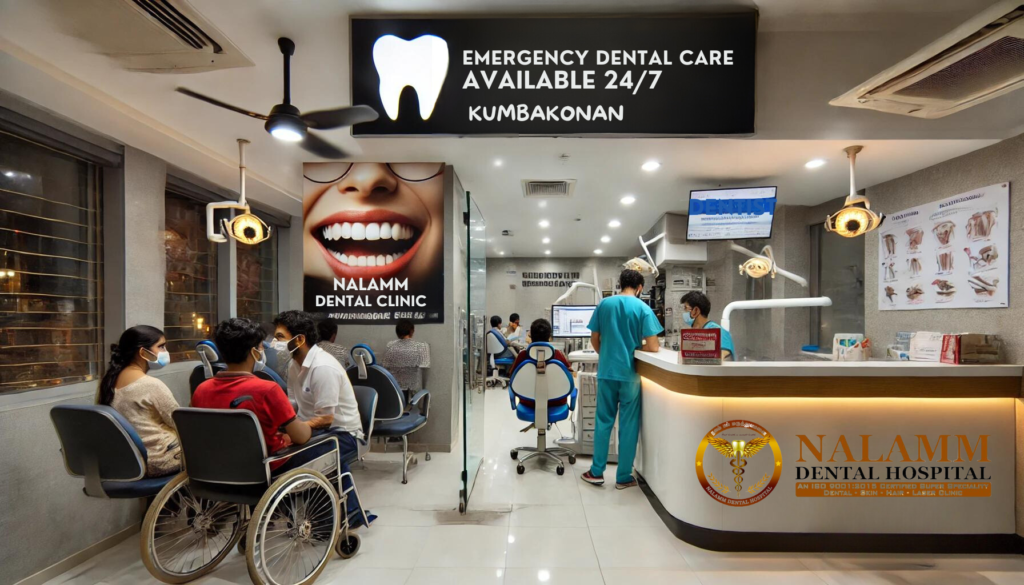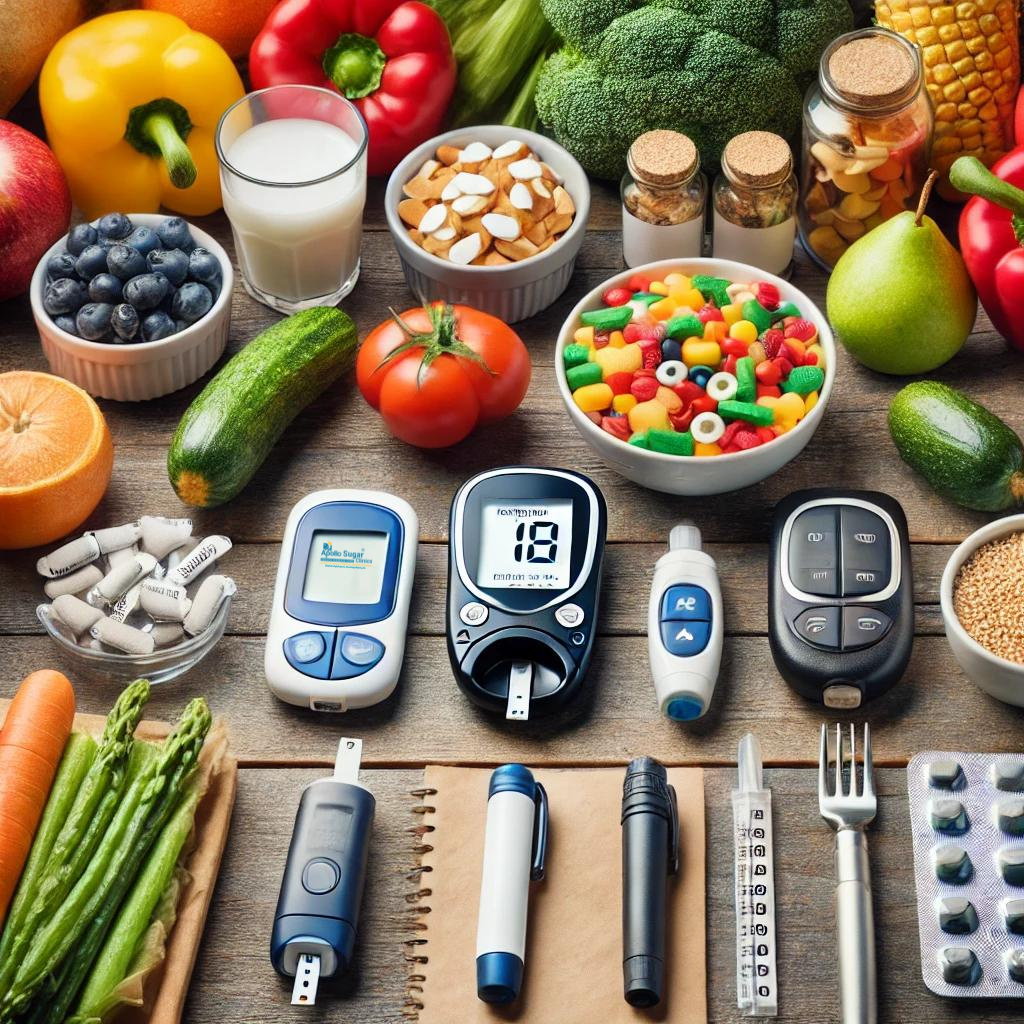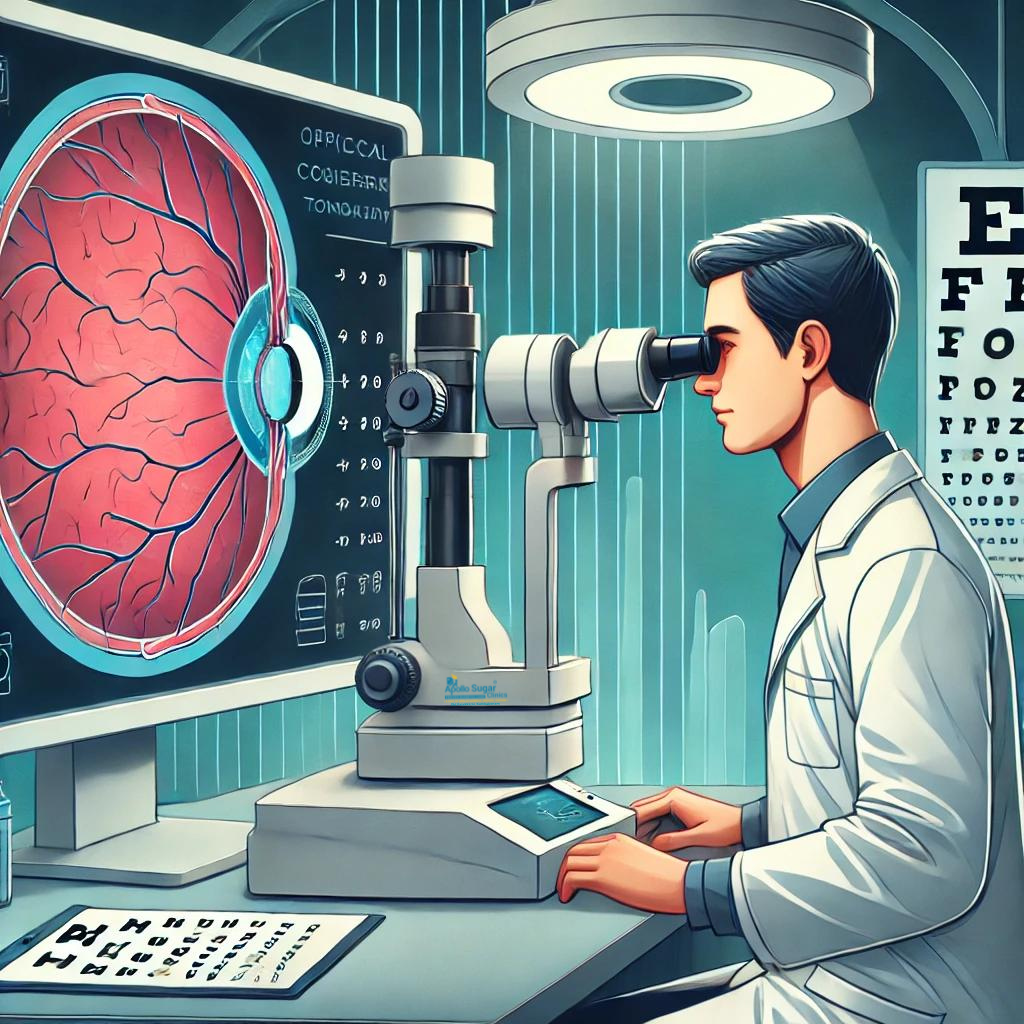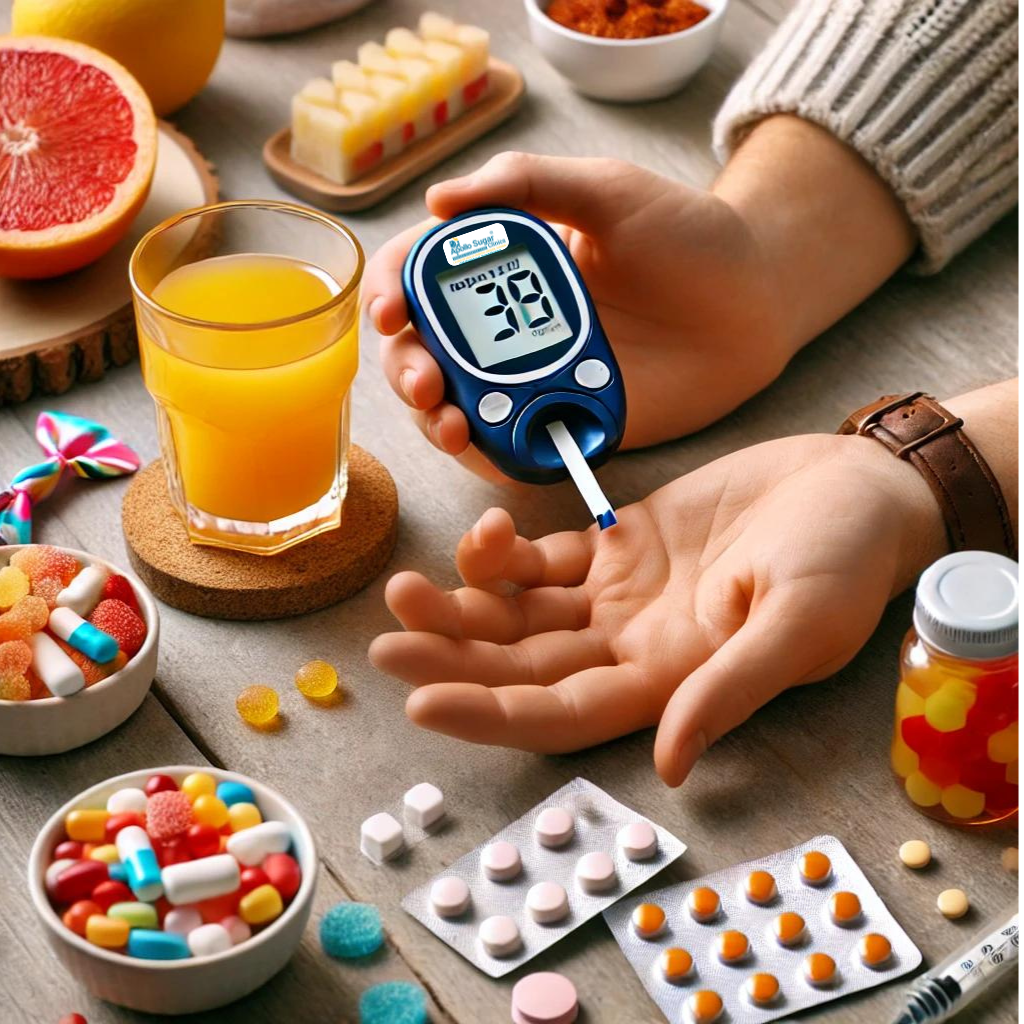Emergency Dental Care in Kumbakonam
Emergency Dental Care in Kumbakonam Understanding Emergency Dental Care in Kumbakonam Introduction Dental emergencies can happen at any time and often require immediate attention to prevent further complications. In Kumbakonam, access to emergency dental care ensures that residents can address urgent dental issues promptly and effectively. What is Emergency Dental Care? Emergency dental care involves immediate treatment for unexpected dental issues that cause pain, discomfort, or risk of further damage. Common dental emergencies include severe toothaches, knocked-out teeth, cracked or fractured teeth, and soft tissue injuries. How to Handle a Dental Emergency 1. Stay Calm and Assess the Situation Take a deep breath and try to stay calm. Assess the extent of the damage or pain. 2. Contact Your Dentist Call your dentist immediately. If it’s after hours, listen to their emergency instructions. 3. Manage Pain and Swelling Use over-the-counter pain relievers and apply a cold compress to reduce swelling. 4. Preserve the Tooth If a tooth is knocked out, gently rinse it and try to place it back in its socket or store it in milk until you reach the dentist. 5. Avoid Certain Foods Avoid eating hard, chewy, or sugary foods that can exacerbate the problem. Why Emergency Dental Care is Important Prevents Further Damage Immediate care can prevent minor issues from becoming major problems. Relieves Pain Quick treatment alleviates severe pain and discomfort. Preserves Oral Health Timely intervention ensures the long-term health of your teeth and gums. Reduces Risk of Infection Prompt care minimizes the risk of infection, which can lead to more serious health issues. Why Choose Our Clinic for Emergency Dental Care 24/7 Availability We offer round-the-clock emergency services to address urgent dental needs at any time. Experienced Professionals Our team is highly skilled in handling a wide range of dental emergencies efficiently and compassionately. State-of-the-Art Facilities Our clinic is equipped with the latest technology to provide quick and effective treatment. Personalized Care We offer tailored treatment plans to ensure the best possible outcomes for each patient. Book Your Appointment Don’t wait until a dental emergency arises. Schedule a check-up today to ensure your oral health is in top condition. Our team is here to provide you with the highest level of care, whenever you need it. Frequently Asked Questions Q1: What should I do if I have a severe toothache? Rinse your mouth with warm water, use dental floss to remove any trapped food, and apply a cold compress to reduce swelling. Contact your dentist immediately. Q2: How should I handle a knocked-out tooth? Keep the tooth moist at all times. Try to place it back in its socket without touching the root. If this isn’t possible, place it in milk or use a tooth preservation product approved by your dentist. Q3: Can I go to the emergency room for a dental emergency? While the ER can help with pain management, they are not equipped to handle most dental issues. It’s best to contact your dentist for specialized care. Q4: What if I can’t afford emergency dental care? Many dental clinics offer payment plans or emergency care programs to help manage costs. Speak to your dentist about available options.










